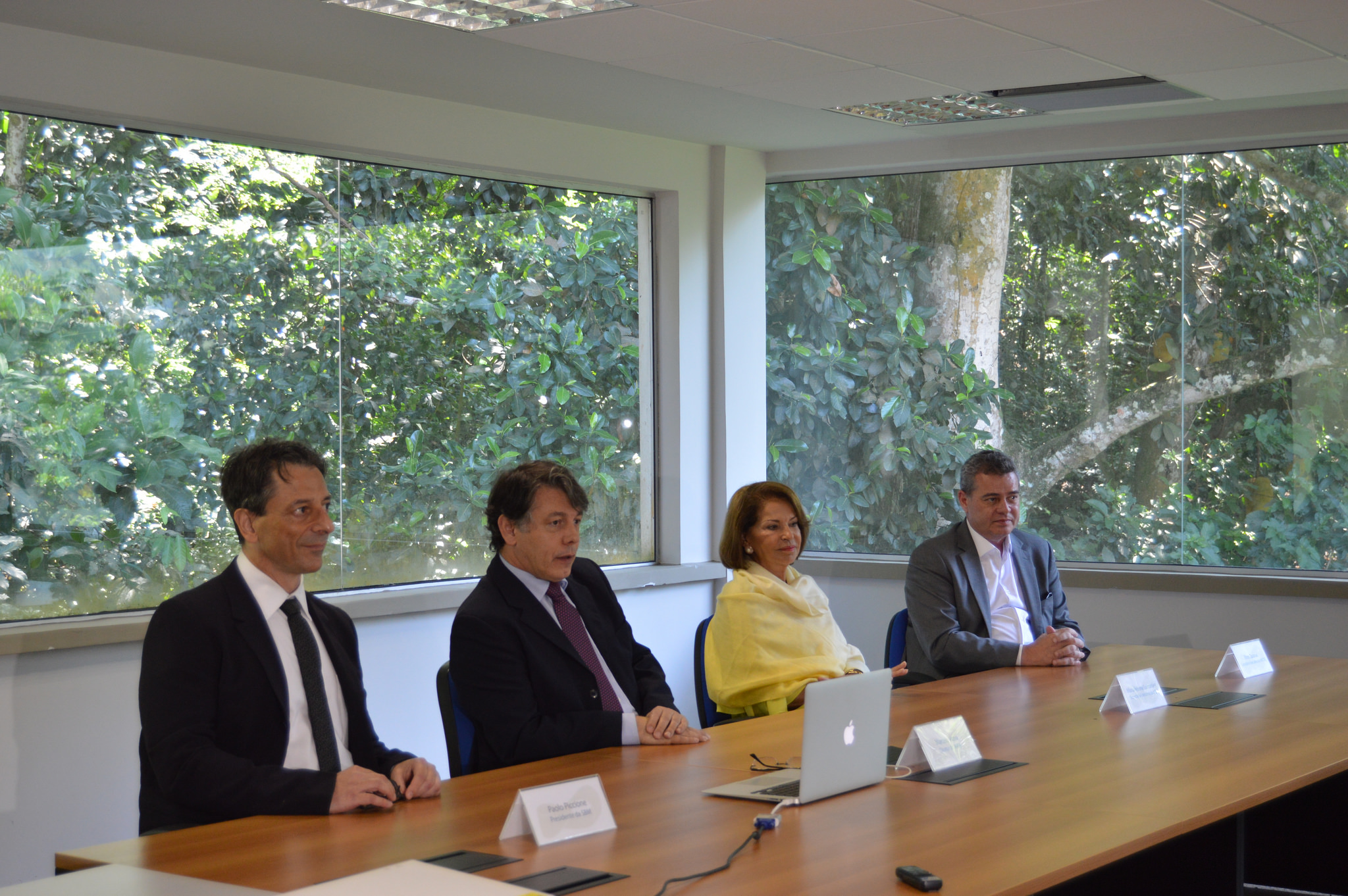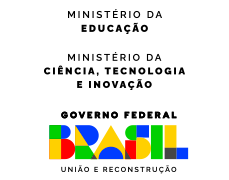Brazil among the elite of mathematical research

The Institute for Pure and Applied Mathematics (IMPA) and the Brazilian Mathematical Society (SBM) announced on Thursday (25) the entry of Brazil into the elite of world mathematics. The International Mathematical Union (IMU) has just approved the country’s promotion to Group 5, which brings together the most developed nations in mathematics research.
The announcement was made at a press conference held at IMPA’s headquarters in Rio de Janeiro, with the presence of the institute’s director general, Marcelo Viana; the president of SBM, Paulo Piccione; the executive secretary of the Ministry of Education (MEC), Maria Helena Guimarães de Castro; and the executive secretary of the Ministry of Science, Technology, Innovations and Communications (MCTIC), Elton Santa Fé Zacarias.
Read more: Georg Cantor (1845-1918) – Father of infinity and ICM
Mathematical model to understand melanoma cells
ICM curiosities | The first letter is unforgettable
Also participating in the announcement were representatives of the history of Brazilian mathematics, such as Artur Avila, Fields Medal 2014; Mauricio Peixoto, one of IMPA’s founding pioneers; Jacob Palis, the most awarded brazilian mathematic researcher; and Claudio Landim, IMPA’s deputy director.
The Brazilian candidacy to Group 5 was presented in 2017 by IMPA and SBM to IMU, which congregates mathematical societies from countries around the world. Currently, 76 nations are members of IMU, created in 1920 to promote an international world in mathematics.
The countries are divided into five categories, in order of excellence. In addition to Brazil, 10 more countries are in Group 5: Germany, Canada, China, United States, France, Israel, Italy, Japan, United Kingdom and Russia.
Viana said he hoped the honor would represent a “step towards an even more upward trajectory” of Brazilian mathematics. “The Brazilian mathematical research is consolidated, it has spread. Throughout the decades our capacity of research and training has grown a lot. The fact that Brazilian mathematics is now alongside the countries of greatest expression and relevance globally represents the recognition of the quality of mathematical research done in the country “, Marcelo Viana said.
The change of classification of countries is decided by the IMU upon the recommendation of the Executive Committee. It analyzes information such as the number and quality of postgraduate programs and their territorial distribution, the total of scientific publications published in important media and the prominent names in the area. The president of SBM highlighted the quality of Brazilian mathematical researchers. “They are exceptional,” said Piccione.
The executive secretary of the Ministry of Education has defined the “work that IMPA has been doing” as “pride for the country”. “We need good mathematics teachers, and the mathematical research can greatly help us achieve this goal,” said Maria Helena Guimarães de Castro. The MCTIC executive secretary praised the fact that Brazil is “one of the 20 largest (countries) research producers in the world”. “IMPA is a recognized institution of excellence worldwide,” said Zacarias.
Brazil has been a member of the IMU since 1954, two years after IMPA was founded. The institute plays a fundamental role in the consolidation of the country in the international scenario. In just over half a century, it rose to the top – it was promoted to Group 2 in 1978; to 3 in 1981; and in 2005 to Group 4.
The promotion to Group 5 is a consequence of the Brazilian contribution to world’s mathematics and recognizes the excellence of the national research. In recent years, there has been considerable growth in the Brazilian scientific publication, as well as distinctions obtained by its researchers with some of the world’s top prizes – among them the Fields Medal, accepted by Artur Avila. In 2006, right after Brazil moved to Group 4, it represented 1.53% of world mathematical production (1,043 papers). A decade later, that had jumped to 2.35% (2,076 papers).
The entry in Group 5 occurs in the year in which Brazil will host, from August 1-9, the International Congress of Mathematicians (ICM) – the most important meeting in the world in the area – for the first time in the Southern Hemisphere. In the 2014 edition, Artur Avila, a researcher and an IMPA graduate, was the first Brazilian to receive the Fields Medal, considered the “Nobel” of mathematics.
Like the International Mathematical Olympiad (IMO), promoted in July 2017 in Rio, the ICM is a result of the prestige of Brazil in the international scenario. The events are part of the 2017-2018 Mathematics Biennium, a series of national and international initiatives to stimulate, popularize and foster improvements in the teaching of mathematics in the country, highlighting their relevance for personal and economic development.
Read more: Steve Smale – A Mathematician not afraid to voice his political opinions
Grigori Perelman – Invisible genius
Terence Tao: Mozart of Math
COUNTRIES OF GROUP 5
Brazil, Canada, China, France, Germany, Israel, Italy, Japan, Russia, United Kingdom and United States.
EVOLUTION OF BRAZIL IN THE IMU RANKING
Brazil joined IMU in 1954 as a member of Group 1. It was promoted to Group 2 in 1978; to Group 3 in 1981 and to Group 4 in 2005.
FACTORS THAT HAVE BROUGHT BRAZIL TO GROUP 5
Significant progress of Brazilian scientific production in the area, in qualitative and quantitative terms.
Expansion of the postgraduate system (Masters and Doctorate) in mathematics in Brazil, at a level of quality compatible with the best international standards.
Growing regional and international collaboration of brazilian mathematicians with colleagues from around the world and the growing international role of our institutions
Confidence on the part of the world mathematical community in the maturity of brazilian mathematics and in its capacity to organize major events, such as ICM2018.


